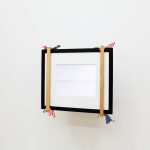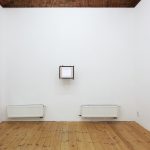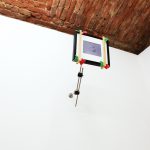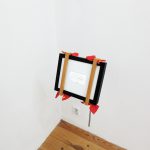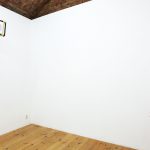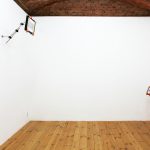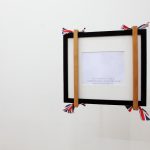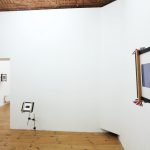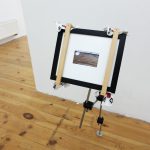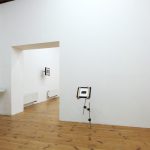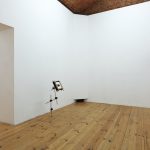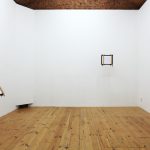27/4 — 25/5/2018
I met Martinka Bobriková and Oscar de Carmen exactly three years ago and since then I have been actively following their work – the word, associated with “activity”, is important here. If they do not create projects in Asia, Russia or elsewhere in Europe, they work in Norway, Oslo.
Their artwork may seem confusing: a metamorphosis of installations, sounds or live events underlined by the active creative energy of the artists themselves. We cannot put them into a pigeon hole that easily, into one of the categories that theorists have invented for both our and their convenience of better orientation. It is precisely this impossibility to classify the artists what gives the pair their significant uniqueness and human freedom, being manifested not only in their artwork, but mainly in their nomadic approach to life. Not many artists manifest such symbiosis: they are living what they are creating. I think that, thanks to their attitude to life, they are able to reflect aptly and critically the moods within the society and the world of politics and economics.
The title of the site specific installation called YA-MAE for the 35 m2 Gallery comes from Korean. The translation refers to surface work that is not well done. To put it simply, the exact meaning of the word is a patch, a flaw, a camouflage, a hangnail, a filling, or a crack. For the first understanding of the entire exhibition, we need to look at it from a more general perspective and gradually focus on the internalised installation details. The installation is a metaphor of the word yamae associated with the superficial situation in politics viewed globally in the world.
5 separate “photo-sound frames” represent five events, in politics in the European Union, USA and Asia Pacific that caused the consequences for economic stability of the global macro economy. The photos located in particular objects reflect the current technical situation in the premises of the 35 m2 Gallery, i.e. its site specific flaws. It might seem like a certain institutional critique of the off formats, but the sound and text inform us that the record is meant for a much wider context than it may seem. The situation takes place in the Prague neighbourhood of Žižkov, where many patches can be seen right away, but the way in which it is exhibited reflects on the current trends in global macroeconomics. The purely conceptual implementation is a parabola of the exhibition space towards the big world where the problems of not only an individual, but also of the entire community fade away.
curated byTereza Záchová
more of Martinka Bobrikova & Oscar de Carmen
